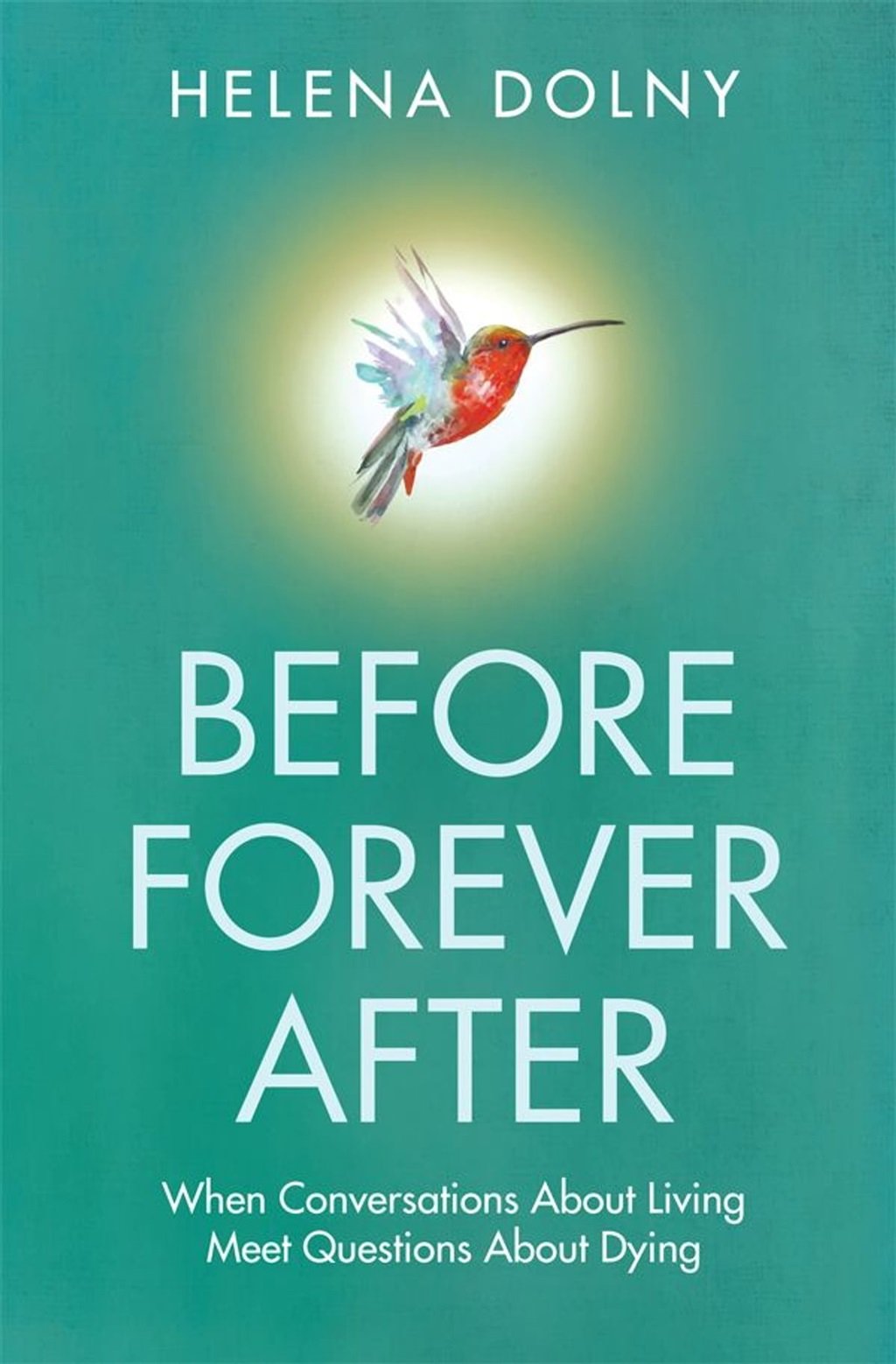
Woman talking to doctor. Photo: SeventyFour via Getty Images
SeventyFour via Getty Images
Live by Design is a weekly News24 column by Dr Helena Dolny and Mapi Mhlangu on mortality and the conversations around it.
In the aftermath of the thought-provoking column by Helena Dolny, “What do you think is good death?” the discourse surrounding patients’ right to choose how they die has ignited fervent debate. While some argue vehemently against this right, citing health professionals’ perspectives, the nuance and complexity of this issue come sharply into focus.
Drawing parallels from the intricate debates faced by health professionals in matters like abortion, one is compelled to ponder the delicate balance between the demands of the profession and the expectations of those they serve.
Abortion is legal in South Africa, and many healthcare professionals administer this assistance every day. However, it is widely known that many women in South Africa choose to undergo illegal abortions due to encountering resistance from certain health professionals. This barrier often forces women to seek unsafe abortion services, risking their health and wellbeing. A wealth of research in the South African Medical Journal highlights the challenges young girls and women encounter when seeking abortion services. The debate on health professionals’ rights preceded the legalisation of abortion in South Africa, and remains central to discussions about end-of-life decisions.
Respecting the rights of patients is fundamental to providing quality healthcare. Patients have the right to receive accurate, understandable information about their medical condition, treatment options, and potential risks. Patients also have the right to make decisions about their healthcare, including or withholding consent for treatment. Patients’ instructions such as “Do Not Resuscitate” should be respected.
On the other hand, professional healthcare workers also have rights that must be respected. These rights include the autonomy to make clinical decisions based on their training and expertise, free from undue influence or coercion. Respect for their professional judgement, ethical values, and commitment to patient care is essential in fostering a positive work environment that supports delivering high-quality healthcare services. Balancing the rights of patients and healthcare workers is critical to maintaining a harmonious and effective healthcare system that prioritises both patient wellbeing and professional integrity.
Professionals are expected to serve without fear and prejudice. Can you envisage a scenario where journalists decline to cover stories or judges recuse themselves from cases due to personal or religious beliefs?
Consider a journalist who holds starkly contrasting beliefs with a public figure like former US president Donald Trump; their professional duty necessitates covering the story objectively despite personal reservations. Likewise, a judge, though deeply rooted in their faith, is entrusted to dispense fair judgments regardless of their convictions when faced with cases linked to divergent religions. I can hear “it’s not that simple”, but is it? The crux of the matter lies in how various professions grapple with aligning personal beliefs with their responsibilities. Upholding professionalism often requires setting aside personal biases to deliver unbiased and fair service.
Journalists navigate a complex interplay between personal beliefs and professional responsibility as they strive to report objectively on various issues. Balancing subjectivity with providing accurate information can be challenging, particularly when personal convictions clash with journalistic integrity. Ethical dilemmas often arise when journalists must set aside personal biases to uphold the principles of fair and unbiased reporting. In such instances, maintaining transparency about their perspectives while upholding journalistic standards is crucial to preserving public trust in the media.
Similarly, judges face the weighty task of upholding justice while managing their personal beliefs and values. In cases where moral or religious convictions conflict with their judicial responsibilities, judges may be confronted with tough decisions regarding recusal to ensure impartiality. Upholding the rule of law and guaranteeing fair legal proceedings require judges to set aside personal biases and render decisions based on the law and evidence presented in court. Striking a balance between personal beliefs and professional obligations is essential to safeguarding the judicial system’s integrity and upholding the principles of justice.
I believe patients are not asking too much of health professionals when they refuse medication or choose the right to die with dignity.
I request that we reflect on the interplay between professional obligations and personal beliefs and answer this question: How can people ensure that their deeply held beliefs do not infringe upon the quality and impartiality of the service they provide, irrespective of their field?
Want to read more articles in this series? Click here.
Disclaimer: News24 encourages freedom of speech and the expression of diverse views. The views of columnists published on News24 are therefore their own and do not necessarily represent the views of News24.






Recent Comments